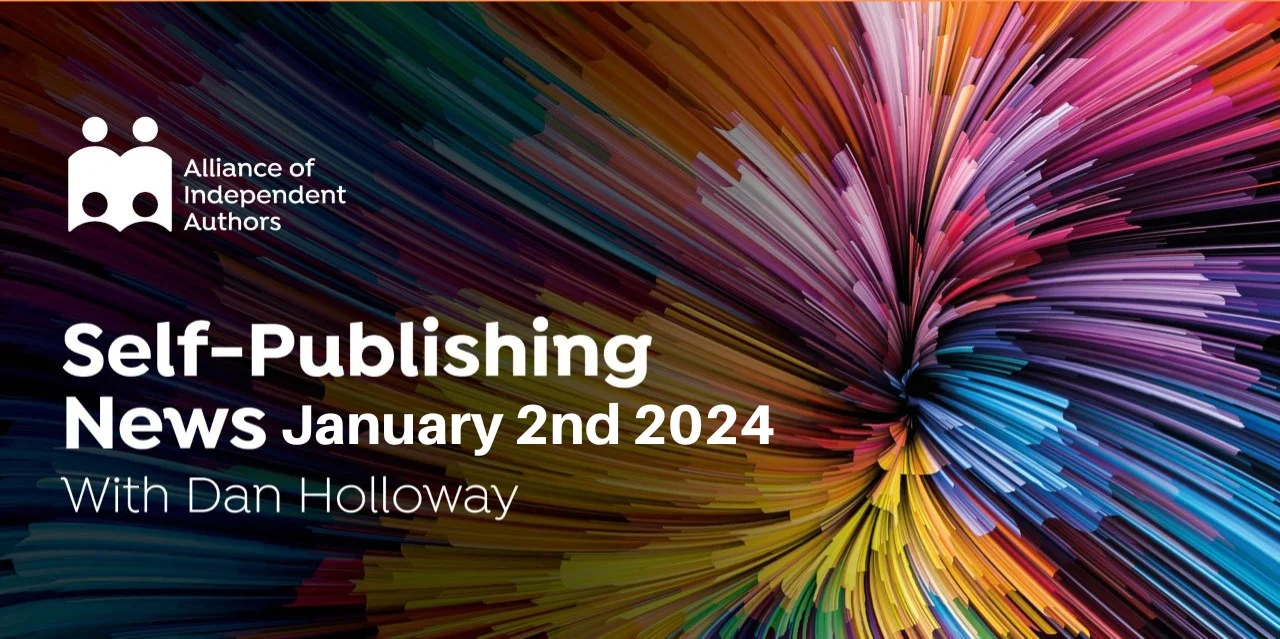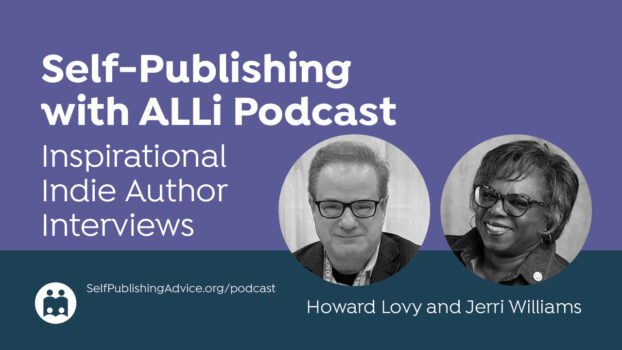
ALLi News Editor, Dan Holloway
Welcome to 2024. There are so many things I’m looking forward to in Indieland this year, not least speaking at London Book Fair for the first time in several years. If you’re there, do come and say hello! And in the meanwhile, enjoy with me a ringside, or should that be fireside, seat for the big news events of the year.
One of the things I’m really looking forward to in my ALLi news column is reporting on a lot of big stories that don’t have an AI angle. But that will have to wait for later in the week, because 2024 has started (or rather, will be starting – as I write it’s still technically 2023 – the joys of the asynchronicity of the written word!) with two that do.
NYT and AI
Both these stories tread familiar territory. And as such both send a message about the direction we should expect things to go at least for the early part of the year. First up is a lawsuit. And it’s a big one. The New York Times (NYT) is suing Microsoft and OpenAI over copyright infringement. The suit centres on the use of tools like ChatGPT and Micorsoft’s Copilot to create alternative news sources that will draw readers (and with them advertisers) away from the platforms on which they rely for creating that content.
The defendants needless to say cite “fair use.” Anticipating this, NYT have focused in on the legal term “transformative.” If the use to which copyrighted material is put is “transformative” (that is, if it does something the original doesn’t, or does it differently) then it is much more likely to be considered fair use.
Apple and AI
If lawsuits represent one direction the relation between content publishers and AI platforms have been taking, our second story represents the other. Apple are in talks with Conde Nast over using publications like Vogue and The New Yorker to train its AI, apparently with $50m up for grabs. This of course comes hot on the heels of the deal between Axel Springer, publisher of Politico and Business Insider, and OpenAI.
There is, for the time being, an obvious theme here. When AI platforms want to talk to publishers, they want to talk to news publishers. Now, it may be that they figure the like of Penguin Random House and the authors they represent are simply in no mood to play ball when it comes to reaching an agreement. But it seems far more likely that this is an indication of their priorities for using the behemoths they have created to generate income, and that those priorities lie in the way of the advertising that comes with feeding people short articles of “factual” information.
I say this is “the other” form of relationship, but it’s not quite that simple. NYT and OpenAI/Microsoft had been in talks for almost half a year in search of an agreement before NYT decided to take another tack. Whether Conde Nast goes the way of NYT or Axel Springer remains to be seen. But one thing I’m fairly confident of is that the news industry will, as it was with the internet, be in the vanguard of any coming changes. And I wouldn’t blame the big corporations in charge of the news for trying to find some kind of future in the new landscape.




